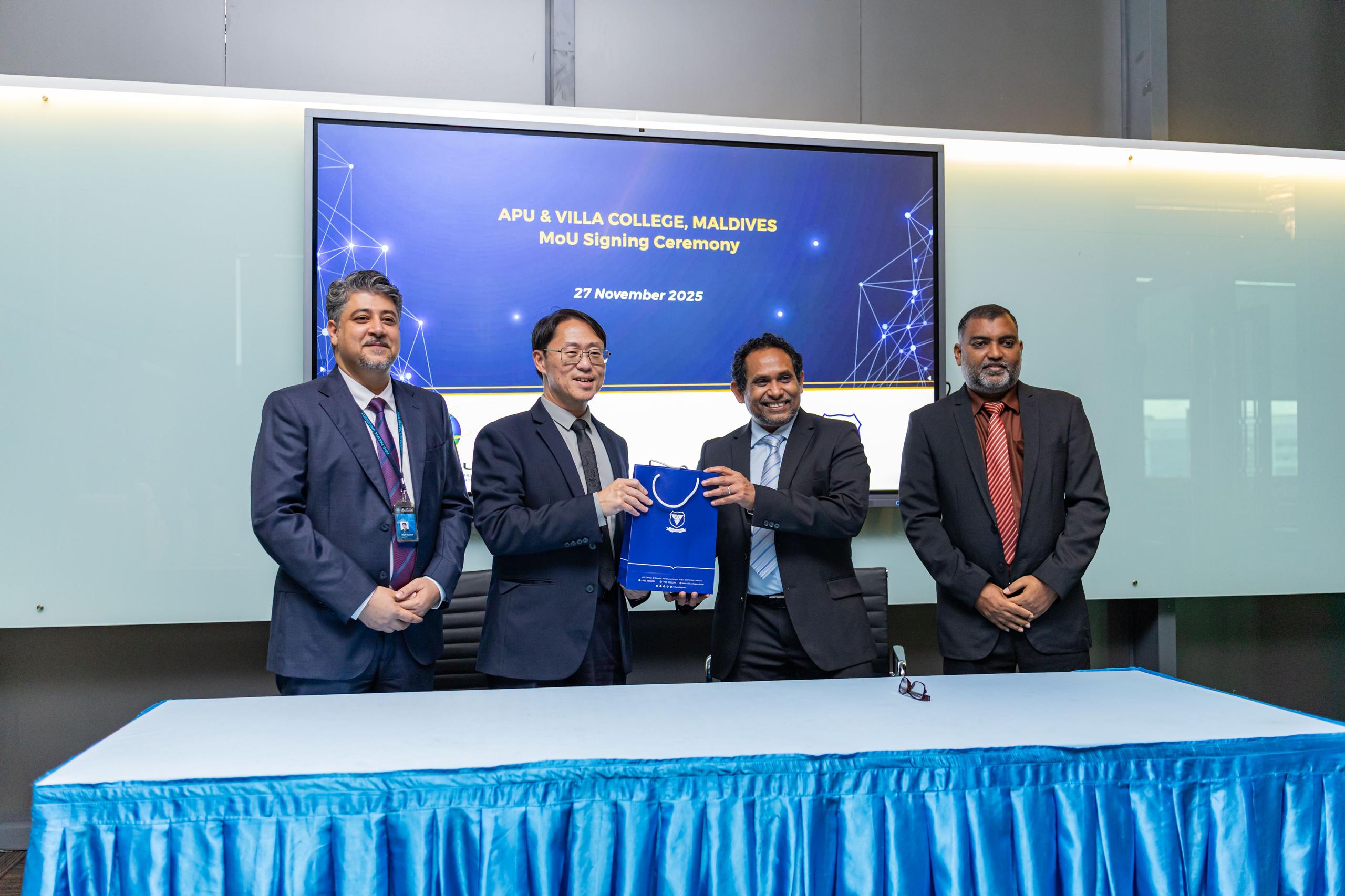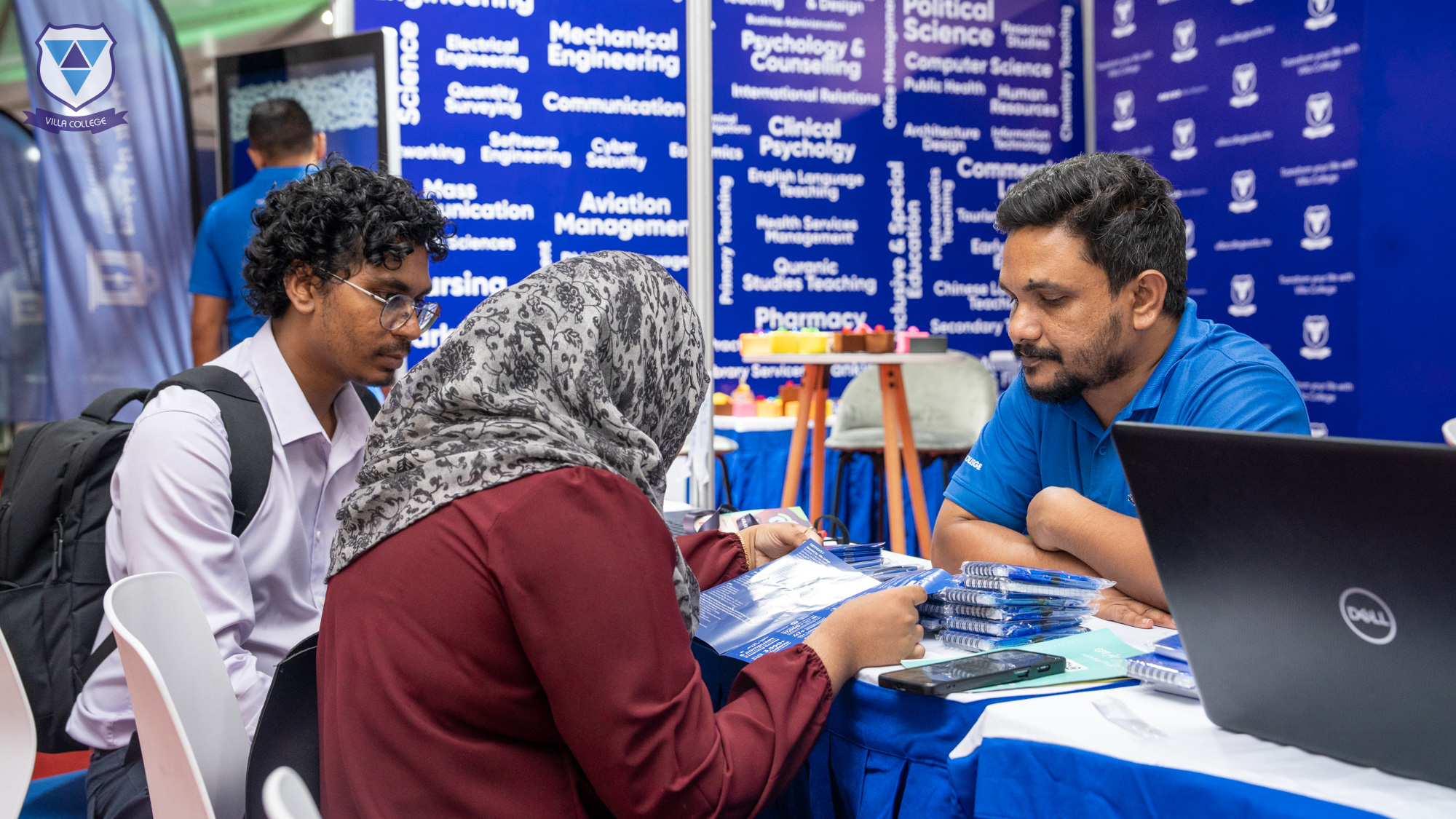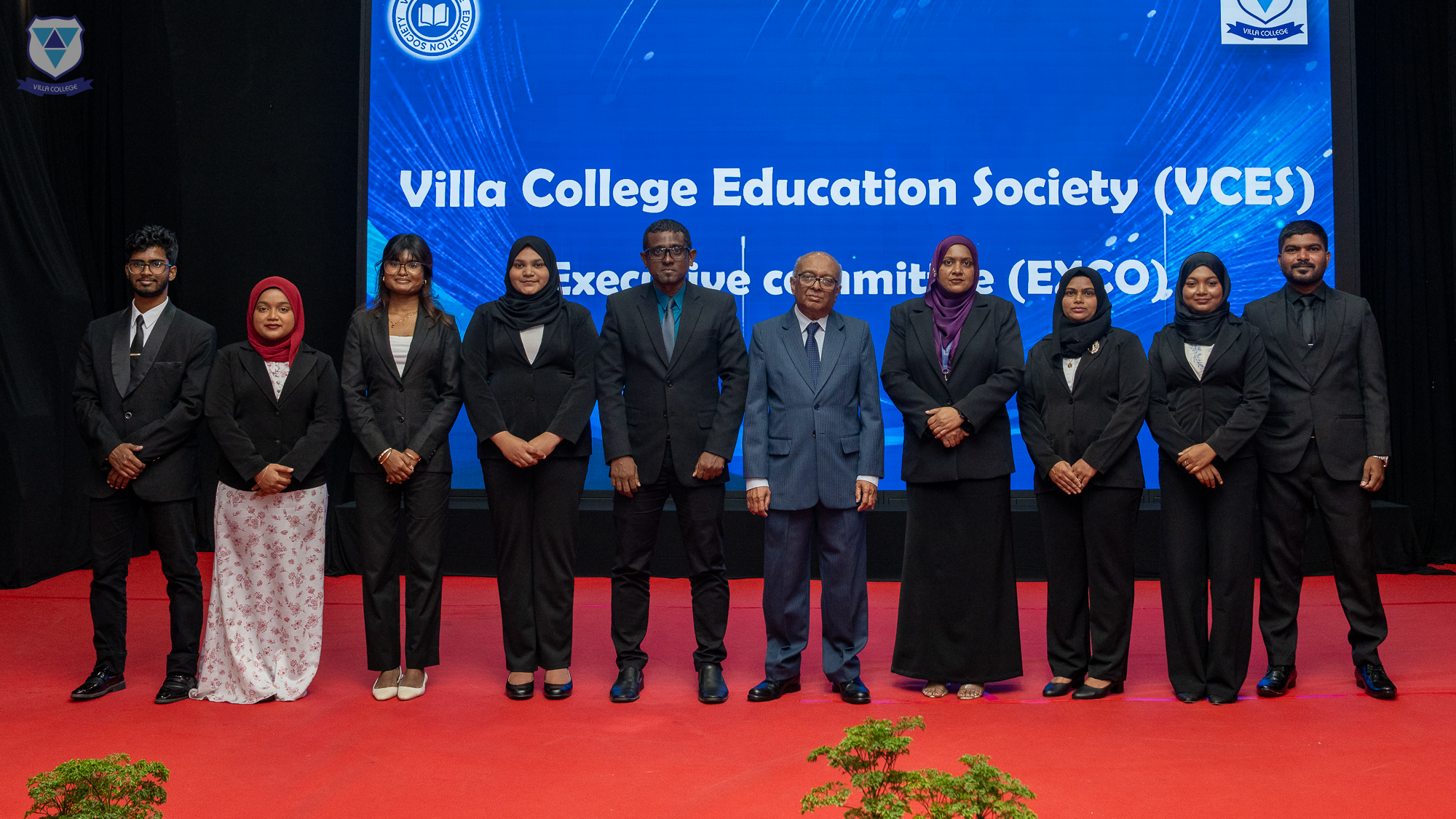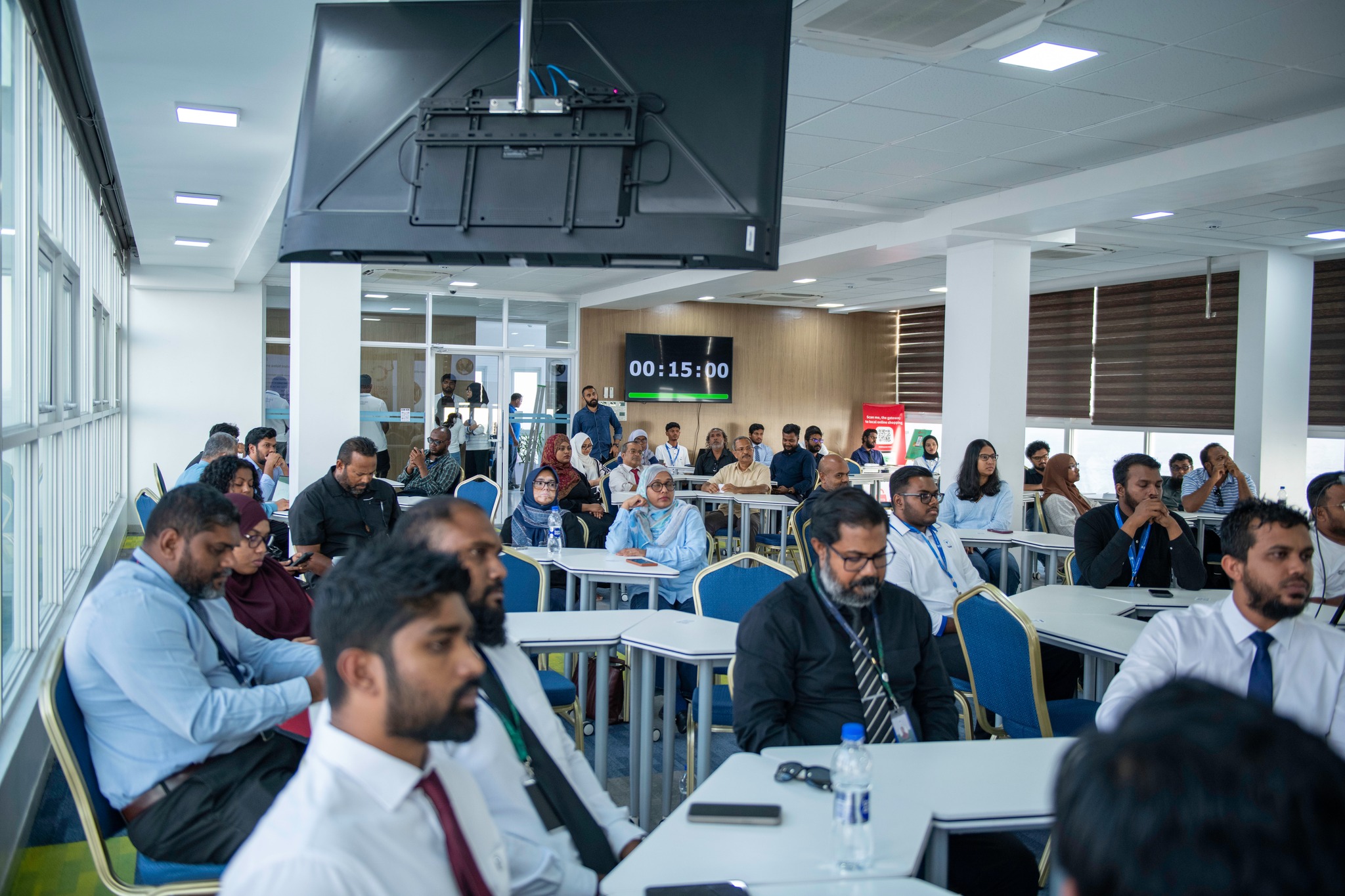
The third day of the 31st International Input-Output Association (IIOA) Conference at Villa College, held on July 9th, 2025, was marked by profound discussions on the modern applications of foundational economic principles and the critical need for granular data in analyzing today's interconnected world. The day featured an insightful keynote speech on the resurgence of Leontief's framework, a compelling InspIO talk on supply chain resilience, and a diverse array of parallel research sessions.
The morning commenced with the second keynote speech of the conference, delivered by Dr. Mahinthan Joseph Mariasingham of the Asian Development Bank. In his presentation, "The Re-emergence of Leontief's Insight in a Globalized World," Dr. Mariasingham detailed how the analytical framework pioneered by Wassily Leontief, once constrained by data and computing limitations, has become more relevant than ever. He explained how modern data advancements and technological power have unlocked the framework's potential to dissect complex global phenomena. Using examples from the Maldives and Vietnam, he demonstrated how this approach provides crucial policy insights, such as a more accurate estimate of tourism's contribution to the Maldivian GDP. The analysis also shed light on the increasing length and complexity of global value chains and their response to major crises.
Following the keynote, the conference was treated to an InspIO Talk by Professor Yasuyuki Todo, who presented his "Analysis of supply-chain resilience using data at the firm, establishment, and product levels." Professor Todo argued that to accurately understand the propagation of economic shocks, researchers must move beyond industry-level data to more granular firm- and establishment-level analysis. His research, based on a sophisticated simulation model of the Japanese economy, revealed that the indirect effects of supply chain disruptions are vastly larger than the direct impacts. Crucially, his work highlighted that resilience is heavily dependent on the ability for input substitution, and that firms can significantly mitigate shocks by leveraging their local "supply chain neighbors" rather than needing an extensive global search for alternatives.
The day's parallel sessions continued to explore these intricate topics. The morning's sessions, Parallel Session 4, delved into themes including environmental input-output modelling with analyses on CO2 emissions and methane footprints; trade and global value chain policies focusing on digital trade restrictions and ICT value chains; and innovative policy analysis using agent-based modelling to understand the effects of remote work.
In the afternoon, the intellectual momentum was sustained through Parallel Session 5, which covered topics such as enterprise-level input-output analysis, the challenges of corporate Scope 3 disclosure, and the decarbonisation of key industries. Concurrently, other sessions explored regional input-output modelling for agriculture and transport, and the application of Computable General Equilibrium (CGE) models to understand the implications of Net Zero transitions and digital trade barriers.
Adding to the day's significance, the conference organisers were honoured to receive a courtesy visit from the Minister of Higher Education, Labour and Skills Development, Dr. Ali Haidar Ahmed. The Minister's engagement with the event organisers underscored the national importance of the conference and its role in fostering high-level academic discourse and policy-relevant research in the Maldives.



